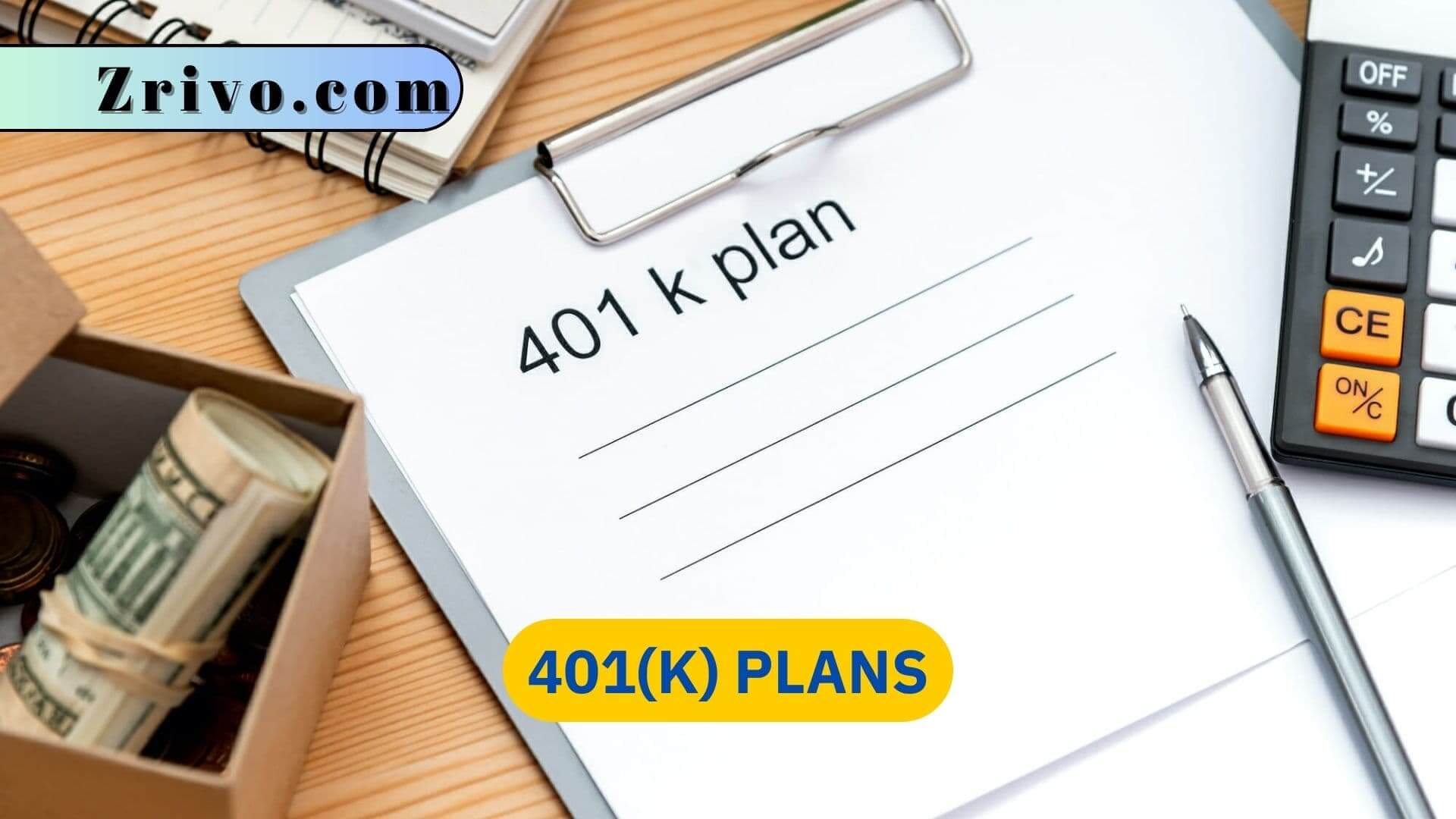Contents
A 401(k) plan is a type of employer-sponsored retirement savings plan established under section 401(k) of the Internal Revenue Code. It allows employees to directly contribute a portion of their pre-tax income into a retirement account. These contributions are then invested, offering the potential for growth over time. One significant feature of 401(k) plans is that employers may choose to match a portion of the employee’s contributions, providing an additional incentive to participate.
Eligibility for 401(k) Plans
Most employers who offer 401(k) plans set certain eligibility requirements. Typically, employees must be at least 21 years old and have completed a certain period of service, such as three to six months. However, eligibility criteria can vary depending on the employer’s specific plan provisions.
How to Apply for 401(k) Plans
To participate in a 401(k) plan, eligible employees must complete the necessary paperwork provided by their employer. This typically includes an enrollment form, beneficiary designation, and contribution election. Employees will need to specify the percentage or dollar amount of their salary they wish to contribute to the 401(k) plan. Additionally, they may have the option to choose investment options based on their risk tolerance and retirement goals.
Advantages of 401(k) Plans
401(k) plans offer several advantages that make them a popular choice for retirement savings:
- Many employers match a percentage of the employee’s contributions, effectively providing “free money” to boost retirement savings.
- Contributions to a 401(k) plan are made on a pre-tax basis, meaning they reduce taxable income in the year of contribution. This can result in immediate tax savings.
- Investment earnings within a 401(k) plan are not taxed until funds are withdrawn. This allows contributions and earnings to grow tax-free over time, maximizing the potential for compound interest.
- 401(k) plans have higher contribution limits compared to individual retirement accounts (IRAs). For 2023, the annual contribution limit is $19,500, with an additional catch-up contribution of $6,500 for individuals aged 50 and older.
Drawbacks of 401(k) Plans
While 401(k) plans offer numerous benefits, it is important to consider potential drawbacks:
- 401(k) plans typically offer a limited selection of investment options determined by the employer. This can restrict the ability to diversify investments according to individual preferences.
- Withdrawing funds from a 401(k) plan before the age of 59½ may incur early withdrawal penalties in addition to income taxes. This discourages premature distributions and encourages long-term savings.
- Employees may face restrictions on rolling over their 401(k) balance to an Individual Retirement Account (IRA) or another employer’s retirement plan if they leave their job.
| Retirement Plan | Key Features |
|---|---|
| 401(k) Plans | Employer-sponsored, potential employer match, higher contribution limits, tax advantages, limited investment choices |
| Individual Retirement Accounts (IRAs) | Individual accounts, a wider range of investment options, lower contribution limits, tax advantages, no employer match |
| Roth IRAs | After-tax contributions, tax-free qualified withdrawals, income restrictions for contributions |
| Simplified Employee Pension (SEP) IRAs | Suitable for self-employed individuals and small businesses, higher contribution limits, employer-funded |
| 403(b) Plans | Non-profit and government employees, tax advantages, limited investment options, employer contributions possible |
